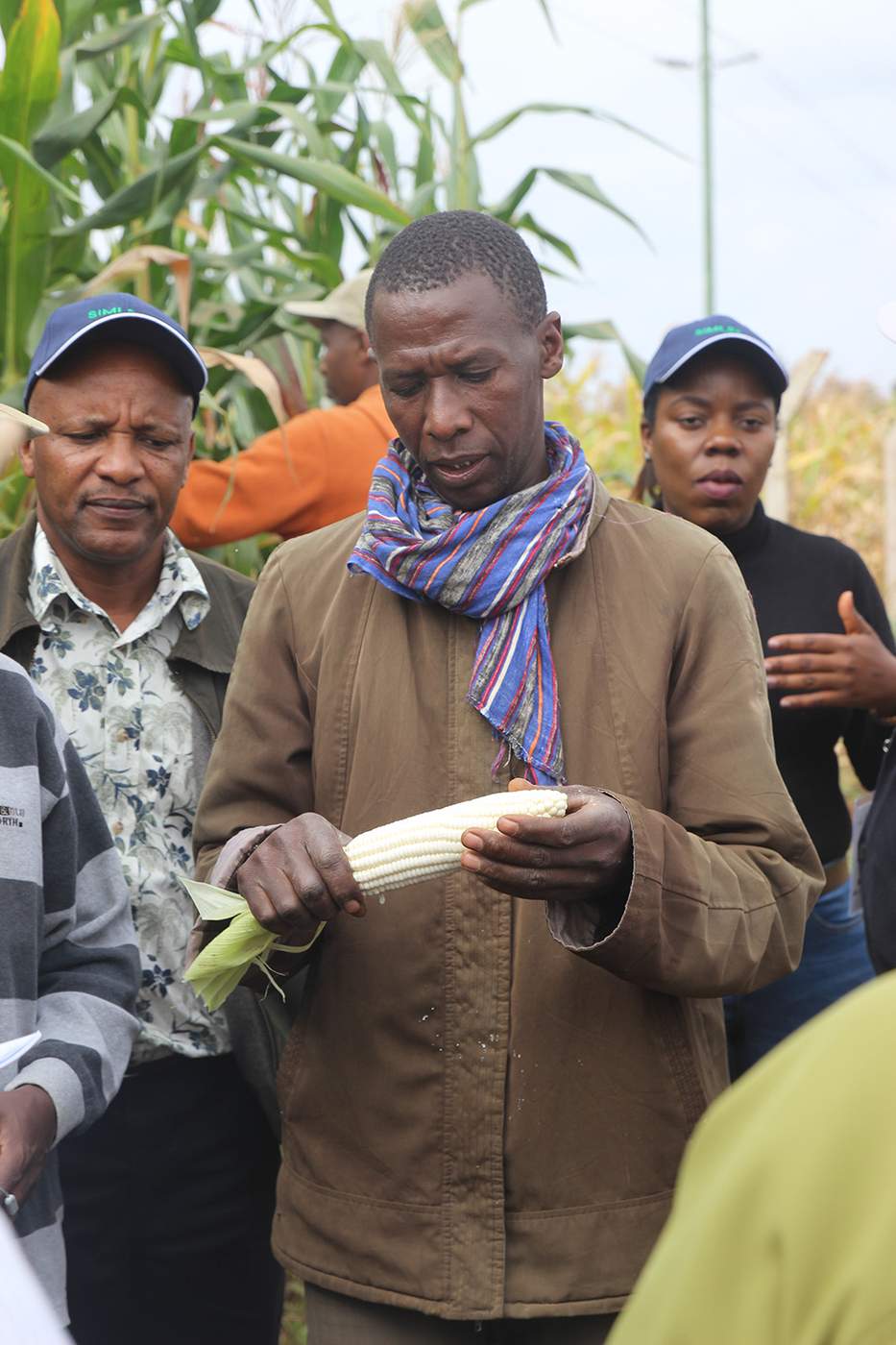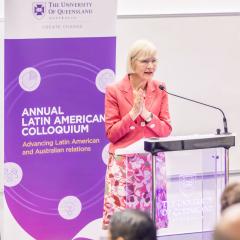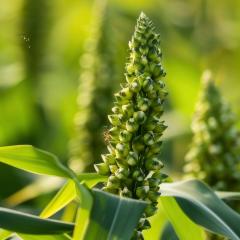For most of the world’s poorest people, 'how to grow food' is a question of life and death.
Aside from the largely recreational interest in gardening, most of us aren't required us to produce food for ourselves.

(Credit: Dr Caspar Roxburgh)
The most basic of necessities (the need to eat), requires as much knowledge as knowing the local supermarket's trading hours.
This is not the case for millions of people in low-income countries, who do not have access to cheap, reliable and safe food to eat.
Australia has some of the world’s more variable climates, and some of its poorest soils yet we produce roughly three times more food than we need, and we do it more efficiently than many competing countries.
Queensland agricultural scientists are world leaders in their field, and have particular expertise in tropical climates. They are the perfect people to help end hunger overseas.
It is this scientific expertise that is being put to work in SIMLESA: an international Research for Development (R4D) project funded by the Australian Centre for International Agricultural Research (ACIAR).
SIMLESA is a partnership between The University of Queensland, the International Maize and Wheat Improvement Centre (CIMMYT) and the governments of Ethiopia, Kenya, Tanzania, Malawi and Mozambique.



